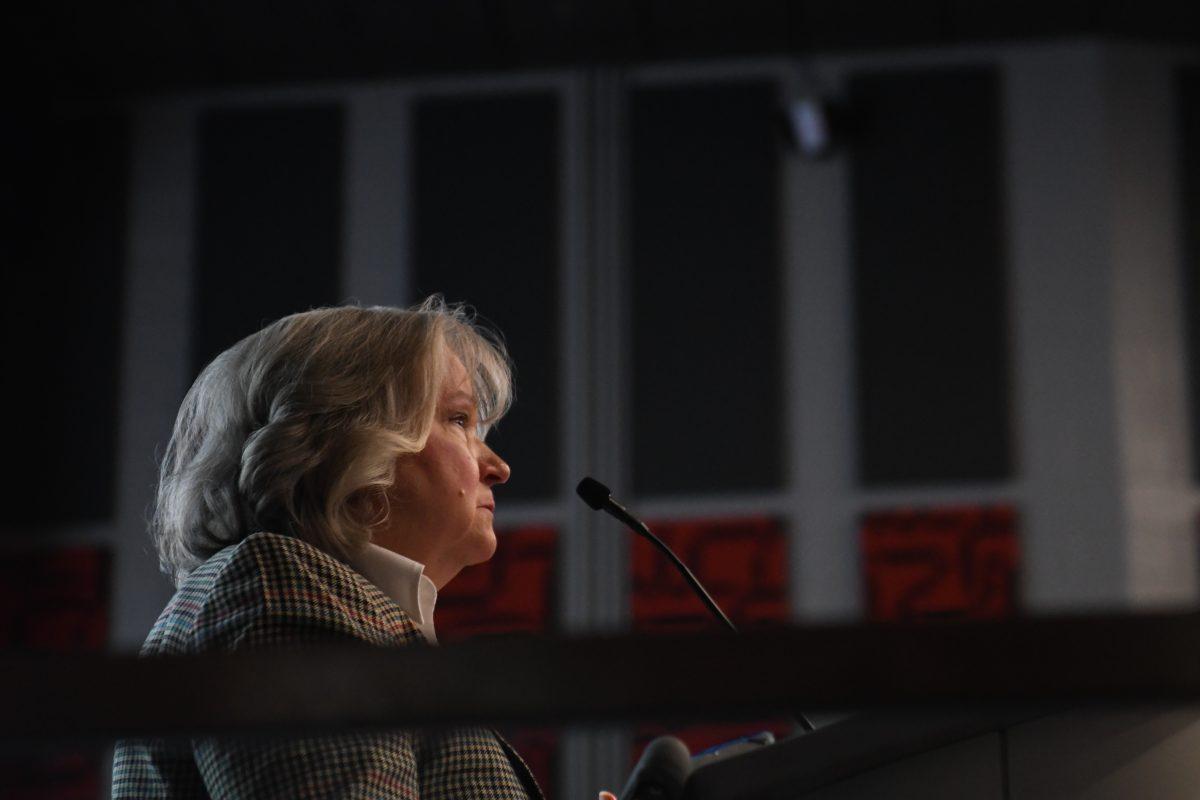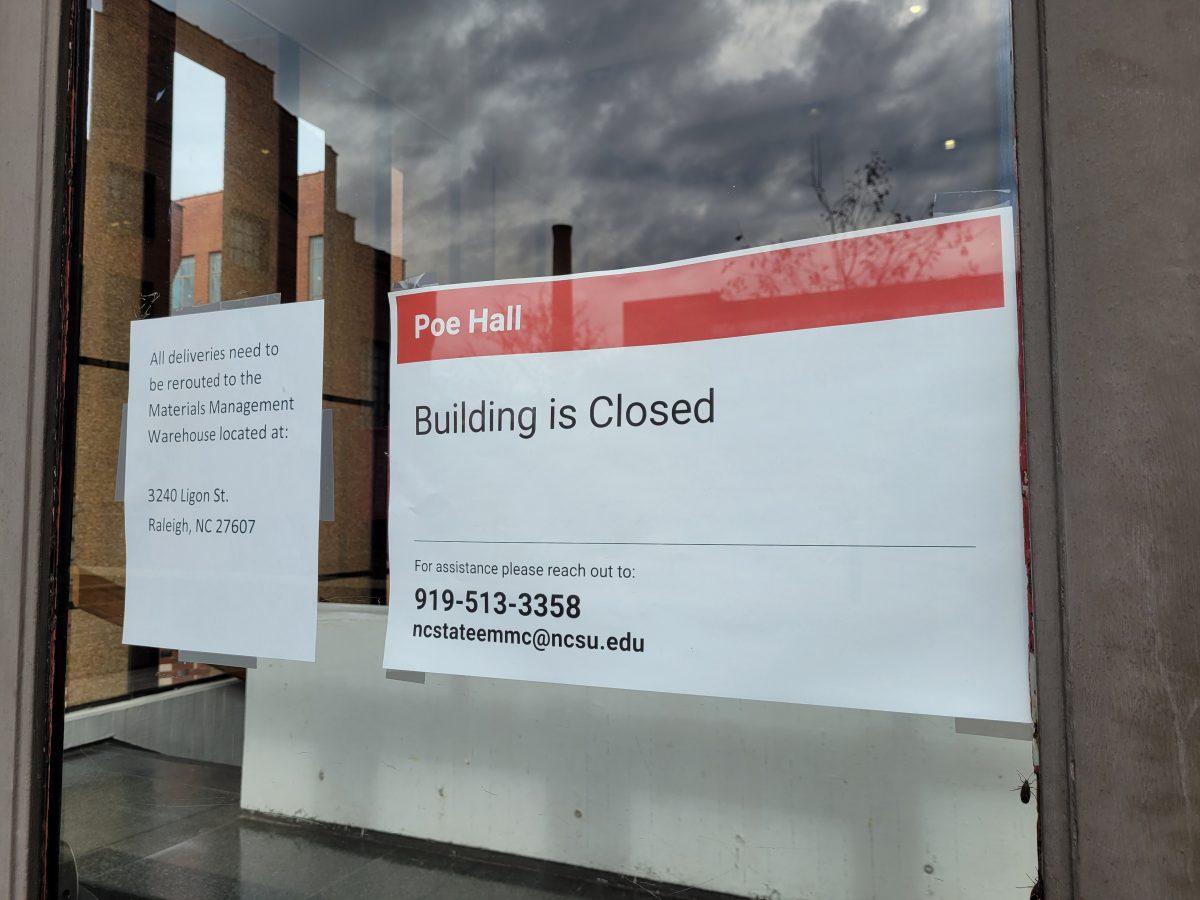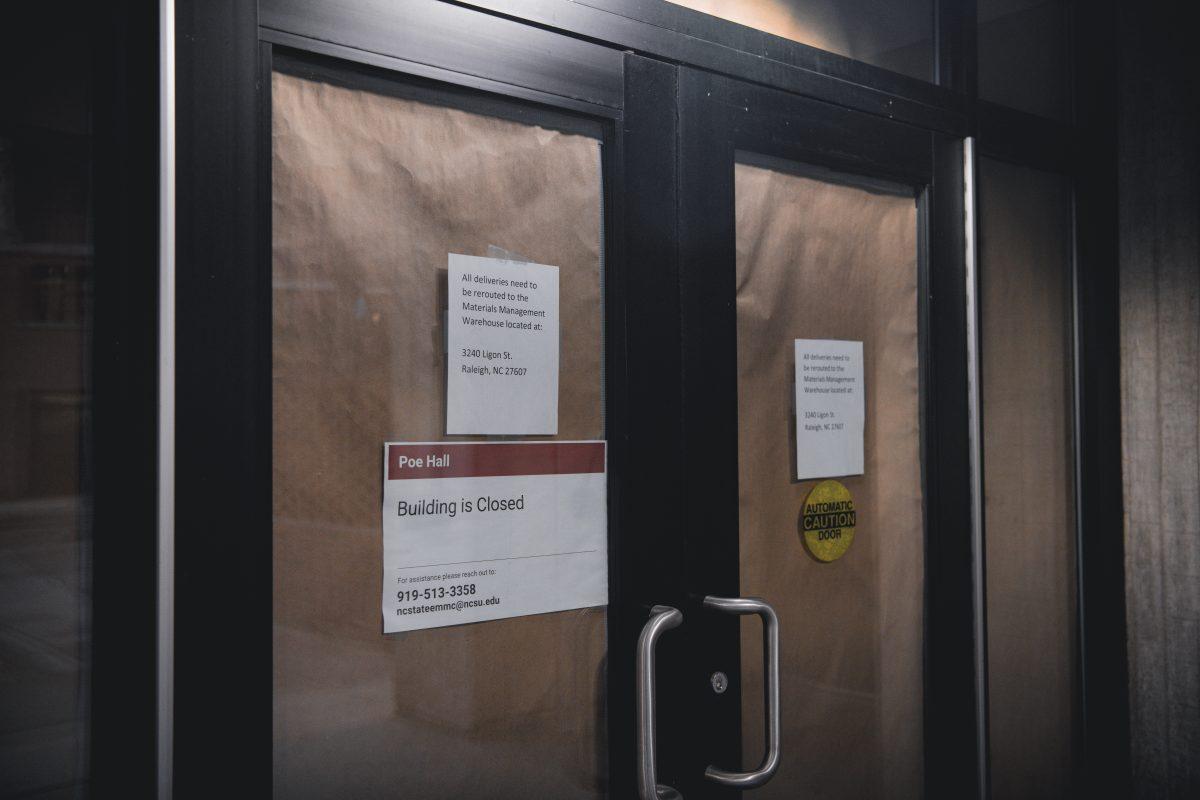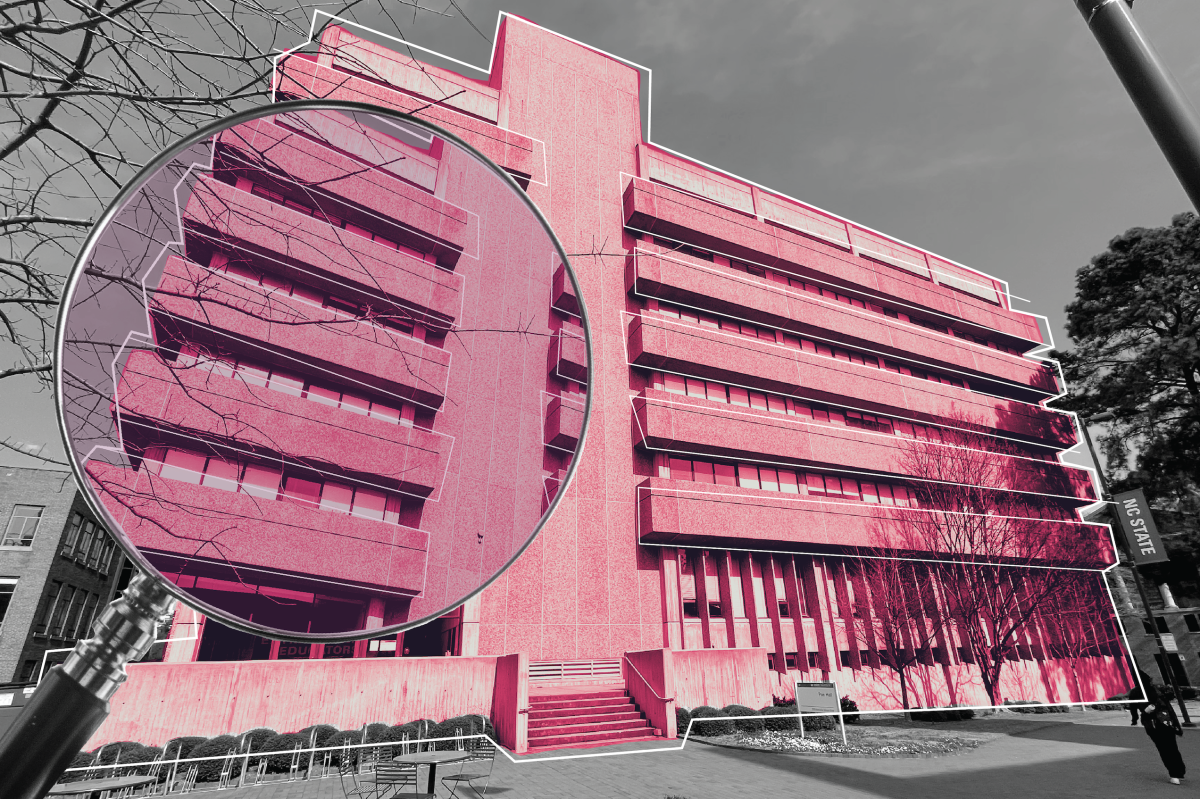Student Senate passed Resolution 94 or “The Campus Environmental Health and Safety Act” on Wednesday to address the presence and testing of PCBs on campus.
The bill entitled “A resolution to be entitled an act to provide formal student government support to efforts to promote and improve campus environmental health and safety concerning but not limited to Poe Hall and other PCB contaminated buildings,” requests more transparency through the University, accessibility to information, increased testing and safe-disposal practices for all campus buildings.
The corresponding senator Taquan Dewberry, a second-year studying computer science and philosophy and Student Senate President pro-tempore, said the bill’s primary purpose is to command transparency and proper acknowledgment of accessibility to testing procedures and findings surrounding Poe Hall.
“The discovery of PCBs in multiple campus buildings has resulted in heightened concerns among students, faculty and staff, leading to calls for transparent, comprehensive investigations, remediation and effective communication regarding health risks and mitigation measures,” the bill states.
Dewberry said the goal of the bill is to support students.
“This bill, this resolution, is exactly what the title says,” Dewberry said. “This resolution to endorse campus health and safety, to promote that on our campus. … Essentially, this is supporting other students and campus as a whole, and trying to make sure that we live and learn in a healthy and safe environment.”
The bill examines how testing procedures at Poe Hall began in 2018, and again in 2023, which reported elevated levels of PCBs. After the closure of Poe Hall on Nov. 21, 2023, NC State contracted with Geosyntec Consultants to further investigate the contamination.
Ava Dandurand, a fourth-year studying natural resources, brought her concerns to the Senate. She questioned why NC State’s administration had known about the presence of PCBs for five years before the shutdown of Poe Hall.
“This is our health on the line, and it is not too much to ask for accountability from the people that should be protecting us,” Dandurand said. “It is not too much to ask for transparency. It is not too much to ask to protect us from toxic chemicals. It is not too much to demand justice for all students, faculty, staff and alumni.”
The bill also raises concerns about the state of other buildings on campus.
“Testing between 2018 and 2024 detected PCB contamination in at least 22 buildings on NC State’s campus, including residential, educational and research facilities such as Gold Hall, Metcalf Hall, D.H. Hill Library and Nelson Hall, in addition to Poe Hall,” the bill states.
Bella Echiburu, a second-year studying psychology and student senator, expressed concern about other buildings on campus with potential PCB contamination.
“I’ve recently heard about Hill having PCBs, and I’ve heard about residence halls, and I honestly had no idea until it was just spread around through conversation,” Echiburu said. “So I think having access to more information about this would be great for everyone, so we can avoid getting these life-threatening conditions.”
Aside from transparency, Dewberry said another crucial point of the bill is to provide students and faculty with a proper disposal action plan.
“Essentially, what we’re also asking for the University is to present us with a private plan to dispose of what they plan to do with the materials found in buildings,” Dewberry said. “…That’s the first step. And as far as finding out whether or not there are PCBs in your body, hopefully the request about the test would be the first step for that, and then afterward, I would suggest one seek a medical professional if they have the finances for that.”
The bill states chemicals used to build university buildings in 1979 were banned due to adverse health effects. As UNC System schools have several buildings built before 1979, Dewberry plans to keep the bill local to NC State.
“But considering this system-wide bill, I think I’d like to see what happens in our Student Senate first,” Dewberry said. “Then we do have an ASG meeting coming up on the 21st so I will definitely be open to the board collaboration and information about presenting that.”
The Senate passed Resolution 94 with 49 affirmative votes, zero in the negative and zero abstentions. The bill will go to Student Body President Allison Markert for a signature or veto and will be sent out to Chancellor Woodson, the North Carolina State University Board of Trustees, the North Carolina State University Staff and Faculty Senate chairs and chairs-elect and the deans of the NC State College of Education and Humanities and Social Sciences.













